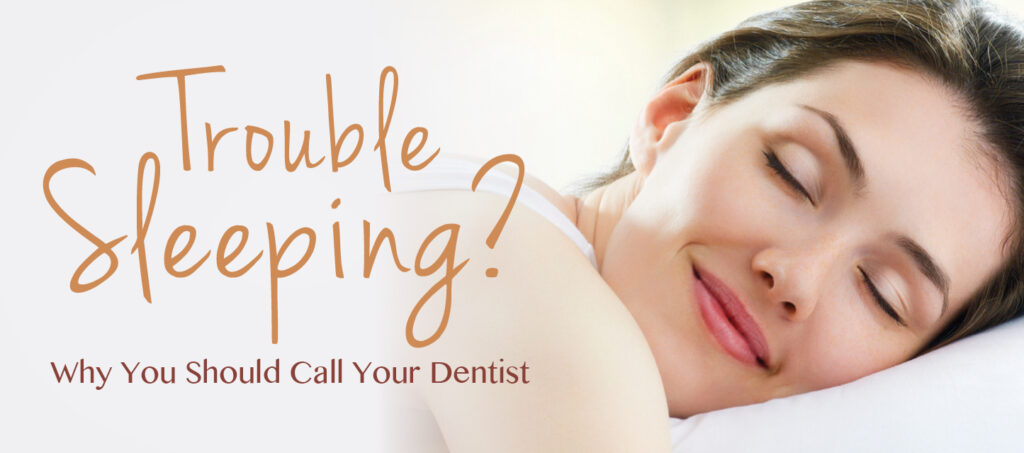When you woke up today, how did you feel? The quality of your sleep has a great impact on your daily life and overall happiness. Losing sleep during the night leaves you vulnerable to increased irritability and stress, as well as difficulty concentrating during the day. It may be a symptom of a common but dangerous medical condition known as sleep apnea. If you regularly have difficulty staying asleep, are lethargic, have morning headaches, or wake up with a dry mouth or sore throat, you may want to get tested for sleep apnea.
About 90 percent of those who have trouble sleeping are totally unaware that sleep apnea may be a cause. Sleep apnea is considered potentially life threatening due to episodes of shallow or infrequent breathing during sleep. It can lead to high blood pressure, increased risk of cardiovascular disease, and impaired concentration due to poor sleep (or lack thereof).
Those affected by sleep apnea often snore, choke, or gasp during sleep but have no recollection of it when they wake up. Treatment involving clearing the airway or providing a regular flow of air to the patient’s lungs via a CPAP (continuous positive airway pressure) machine will help the patient breathe normally during sleep and prevent dangerous periods of nonbreathing. Although sleep apnea is a medical condition with medical solutions, it can also be treated with dental procedures and appliances that aren’t as invasive or noisy as CPAP machines.
So why see a dentist? Your dentist knows when you’ve been grinding your teeth in your sleep, which is a major indicator that you are struggling to keep your airway open at night. Some patients also can’t use a CPAP for a variety of reasons, for example, it’s hard for them to use a breathing mask and still get quality sleep. The cost of the CPAP is another factor: they can get expensive.
For those with mild to moderate sleep apnea, a simple oral appliance makes more sense. Minor snoring problems that lead to sleep apnea can often be treated using a removable dental appliance that is worn at night while sleeping. This appliance retains the tongue and repositions the jaw, correcting obstruction in the mouth or throat and allowing for better airflow. Severe cases of sleep apnea that require more aggressive management may mean that a CPAP machine or surgery is needed to correct the issue.
Schedule a visit with your dentist if you’ve been experiencing symptoms related to sleep apnea, or if you have been diagnosed with sleep apnea and would like to see if an alternative treatment method is best for you.




